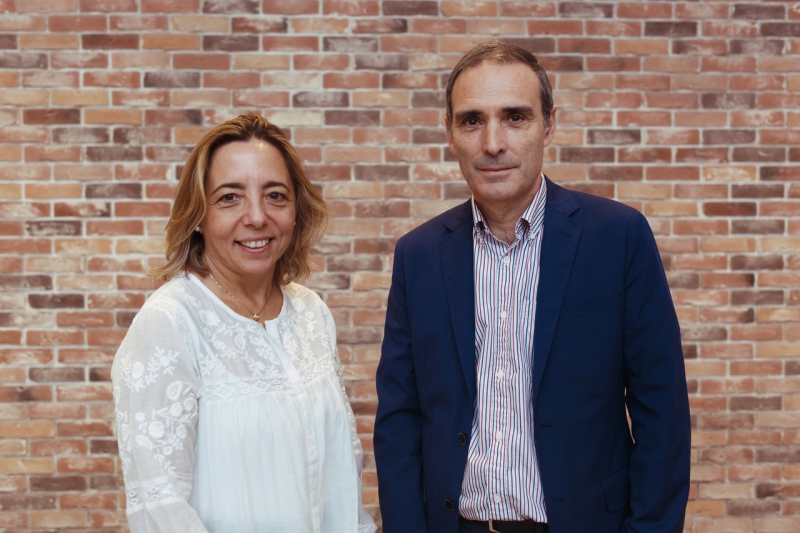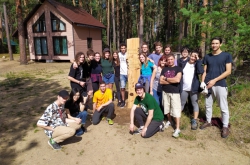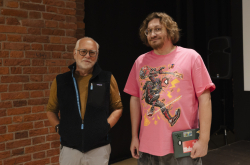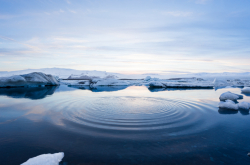Professors Silvia Bolado-Rodriguez and Pedro Garcia Encina from the Department of Chemical Engineering and Environmental Technology (Departamento de Ingeniería Química y Tecnología del Medio Ambiente) of the University of Valladolid develop new biotechnological methods of wastewater and air purification. Their visit is not only an opportunity to share their knowledge with ITMO’s students, but also a part of a big environmental project. Our interview was held at the Environmental Monitoring Laboratory of the Faculty of Food Biotechnologies and Engineering.
First, we would like to ask you about the lecture course you gave at ITMO.
Pedro Garcia Encina: Olga Sergienko (Associate Professor at the Faculty of Food Biotechnologies and Engineering, Head of the Industrial Ecology and Cleaner Production Master’s program) invited us to give a course on environmental biotechnologies. This course is meant to be a part of the EduEnvi “Enhancing Competences of Sustainable Waste Management in Russian and Kazakh HEIs” project, which we organize together with several Russian, Kazakh and EU universities. The University of Valladolid and ITMO University are part of the Erasmus+ project aimed at creating Master’s courses on waste management.
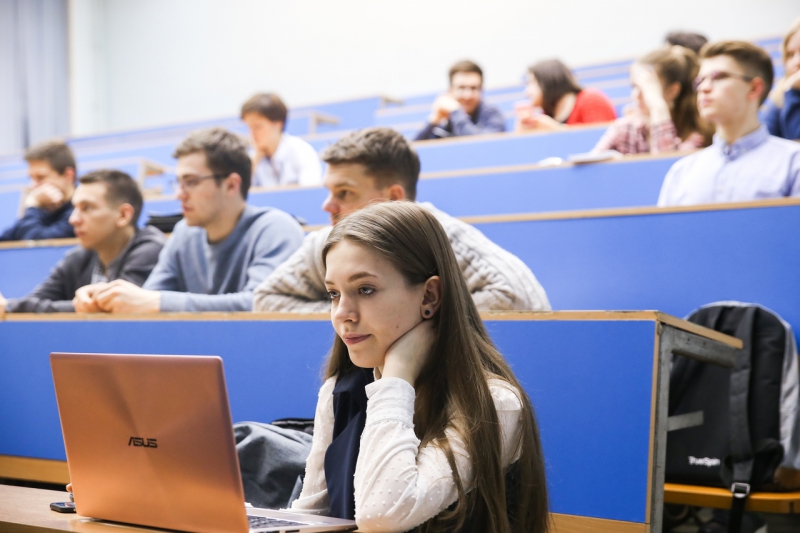
Our classes were meant for students of the Industrial Ecology and Cleaner Production Master’s program. We were talking about using biotechnology for environmental protection, i.e. applying biological processes to water, gas and several solid waste types. It was a combination of lectures and practical classes – after the lectures our students worked in groups to develop water filtration projects that would combine commercial and innovative solutions. Each group presented their project and reported on their results at the end of the course.
Is it your first time working with Russian students? Are they any different from those you have encountered in other countries?
Silvia Bolado-Rodriguez: Yes, it was our first time working with Russian students. We have given courses to Polish, Finnish, German, Danish and other countries’ students before. I would say that students remain students no matter where they come from. They are the same here as they are in Spain.
Pedro Garcia Encina: Russian students are very involved with the topic, they worked really hard on their group tasks and asked many questions on how to improve the construction or the outcome.
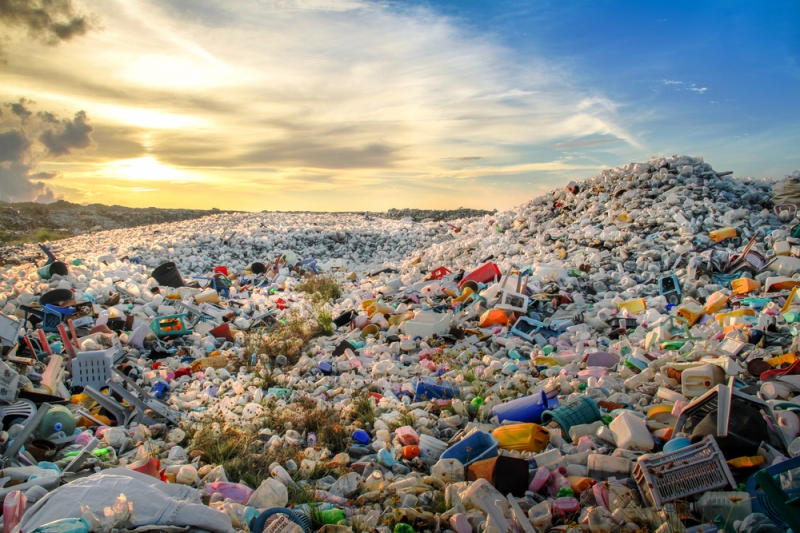
Environmental protection is a hot topic these days, everyone is writing on that. Would you tell us a little bit about the main trends and approaches currently developed in this field?
Pedro Garcia Encina: There is a huge difference between Russia and Spain in that regard. Russian scientists are currently more focused on solid waste, including manufacturing waste. In Spain and all across the EU we are more concerned with air pollution. A lot is being done these days to cut down on CO2 and other types of emissions. We also have the landfill issue in the EU, but, evidently, it is more important in Russia which makes research in this area more urgent. I think it has to do with the current situation and maybe in a couple of years air pollution will also be on the Russian agenda.
How did your course at ITMO University address the pollution issue?
Silvia Bolado-Rodriguez: We study biological processes application. In our course, we talked about the ways microorganisms can purify wastewater and separate valuable compounds from the contaminating substances captured.
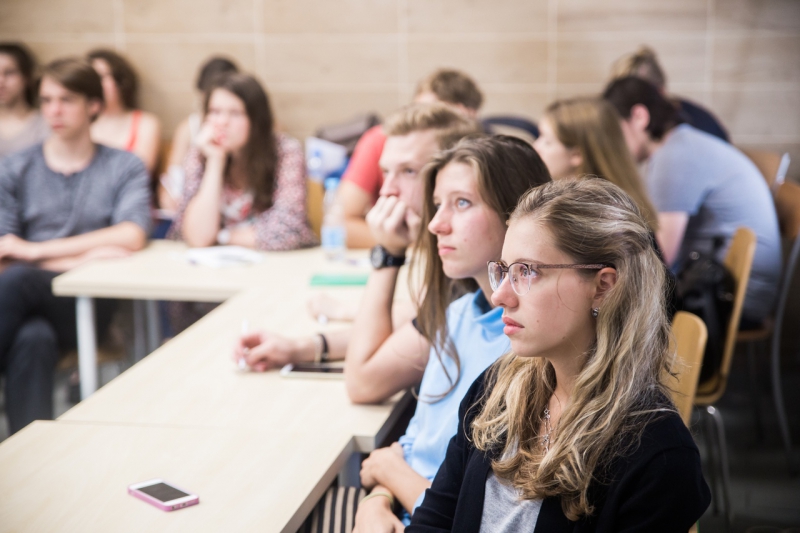
Pedro Garcia Encina: Our most important message was that we were talking about environmental biotechnology for environmental protection. There are environmental issues connected with water, gas and household waste. To combat them we use various environmental biotechnologies, bioprocesses. The latter are milder than physical or chemical methods, because we don’t work at high temperatures or pressure, we use microorganisms under normal conditions.
It’s important to understand that we are not just fighting pollution, our goal is to separate valuable compounds from contaminating substances. Several years ago we used to only purify wastewater to a certain extent before dumping it into rivers. These days the idea is to not only purify the water but also get some valuable substances that can be applied to manufacture bioplastic, cosmetics and biogas in this process. All of this is commercially profitable.
The planet cannot cope with this amount of waste itself. We’re noticing the effects of global warming and thus trying to cut down on atmospheric CO2 emissions. The same goes for solid waste: if there is too much of it, if it is stored in the landfills it will then get from there to rivers and finally into our drinking water. That is why we have to control the amount of emissions and the contamination level. And if we can simultaneously produce valuable goods and benefit from the waste, why not do it?
Can you name some revolutionizing changes in recycling or water purification that happened in the last few years?
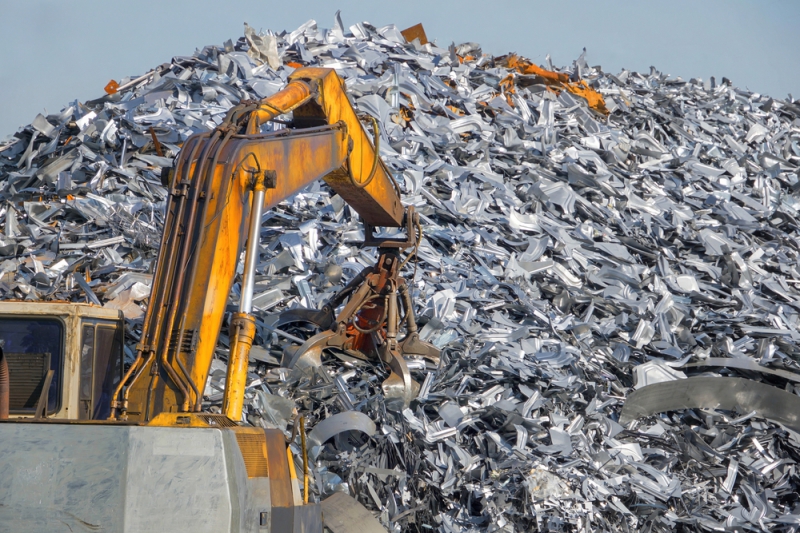
Pedro Garcia Encina: In my opinion, it’s a long evolutionary process. Of course, there are important milestones, but nothing happens with a snap of your fingers, it changes gradually. It includes accumulating knowledge and not just technological advances. You have to first understand how the contaminating substances work in the environment, how different microorganisms interact with them, and then you can improve the technology. If we look back, we notice some revolutionary ideas, but in your daily life you only notice regular work without the revolutions.
There are also occasional difficulties with innovations implementation. Sometimes the leaders are apprehensive when they have to deal with new technologies, because they know how to work with the old system and changing it will potentially lead to problems. But everything changes and European companies conduct projects to reduce waste.
Silvia Bolado-Rodriguez: I think that the most important changes have happened in people’s minds. The current environmental situation scares us and we become more concerned with the ways to preserve the environment. This is the biggest change of the last few years.
The now-famous Greta Thunberg is speaking out about these issues. What do you think about the UN speech that she gave not long before your arrival in Russia?
Pedro Garcia Encina: I think it’s great when young people influence politicians all over the world asking to take action in order to tackle certain environmental problems, like climate change or global warming. It is important because then the politicians understand that people want some actual steps to be taken to reduce pollution.
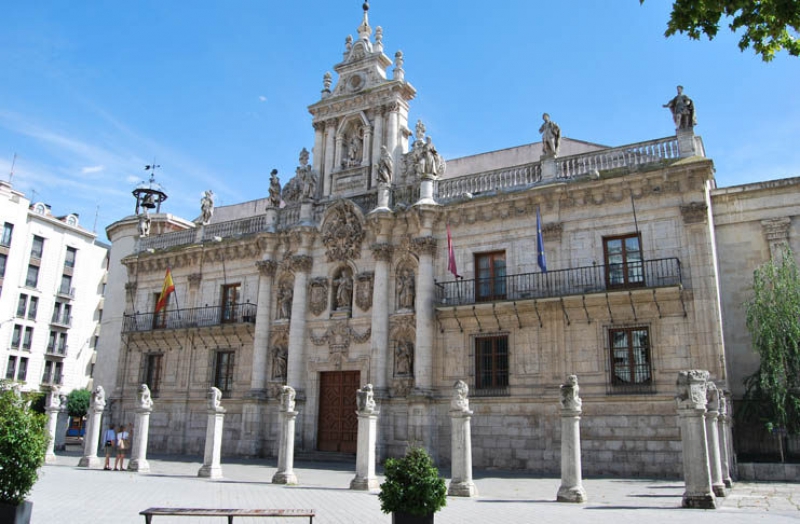
Let’s return to your visit to Russia. It was not a one-time project but a part of a wider collaboration initiative. Can you tell us about this future collaboration?
Silvia Bolado-Rodriguez: We’re creating opportunities for European and Russian students to come to Spain to work with us on the air pollution issue. We develop two-phase liquid filters. Students can come to our university to learn about this technology and observe our experiments. We want to work together, to bring together students from all over the world and collaborate. We will probably have the first prototypes in a year, but they will only work under laboratory conditions.
Pedro Garcia Encina: Nowadays there are not so many processes one can use to cut down on air pollution. The problem is that some substances do not dissolve in the water. We have to increase their solubility to put these substances into the water where microorganisms will then dissolve it. In these two-phase filters you can thus increase the solubility and then separate the contaminators faster than with one-phase filters. By speeding up the air-water transfer, you raise the filter’s efficiency, meaning that you need a smaller filter to process the same amount of compounds.
Silvia Bolado-Rodriguez: Moreover, we have prepared an agreement for Master’s students academic exchanges between our universities. It is necessary for your students to see what we deal with and for our students to learn what you do here. Students will be able to come to Spain to study for a semester. And one does not have to learn Spanish to do that, because we have an international semester which includes only the subjects taught in English with all the necessary communication also being held in English, so language will not be a problem.
